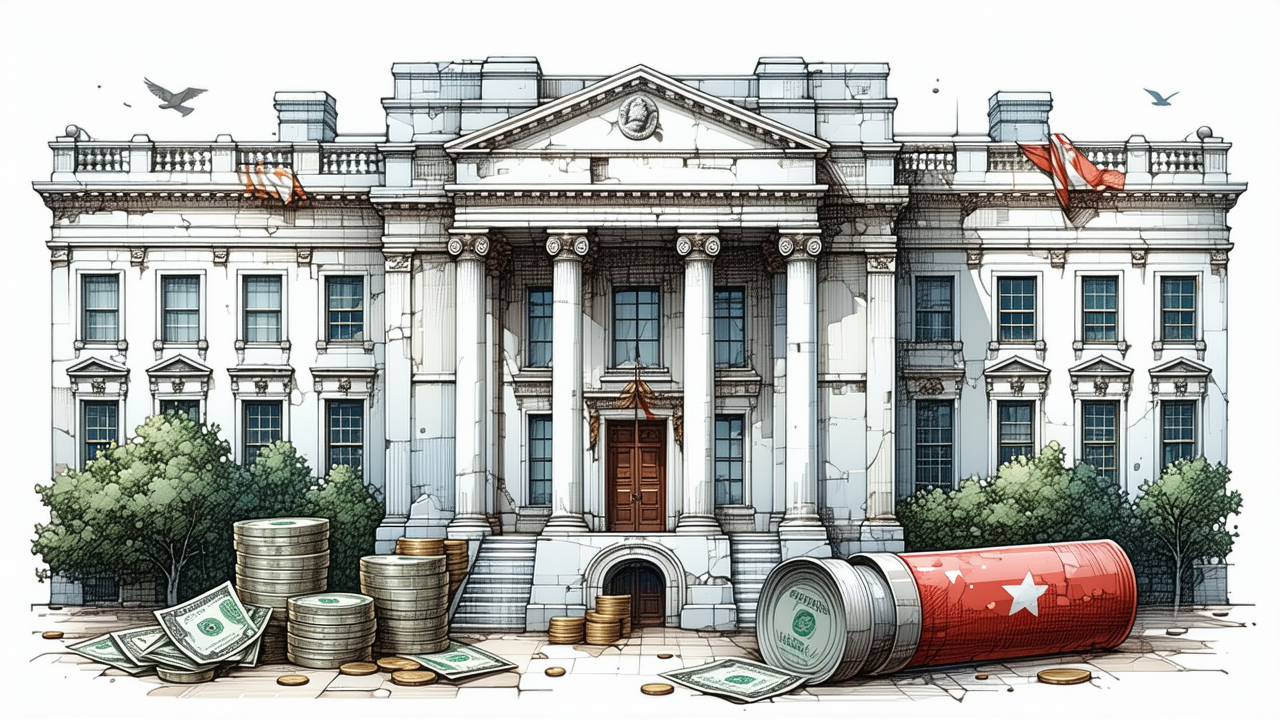New Zealand's Economic Downturn: Who's to Blame?
New Zealand's Economic Downturn: Who's to Blame?
New Zealand continues to struggle with economic stagnation, but some economists argue that the blame cannot be simply placed on government spending cuts or central bank interest rate hikes. While there has been some improvement since the beginning of the year, the economy remains sluggish. One of the few bright spots is the primary industries sector.
Kiwibank's chief economist, Jarrod Kerr, pointed the finger at the Reserve Bank for steering the economy into recession in its effort to curb inflation. However, some readers have criticized this view as oversimplified, arguing it absolves the government of its role in the economic downturn caused by budget cuts and public sector layoffs.
One reader shared that a 10% reduction in staff at a Christchurch MPI office had ripple effects on the private sector. For every public sector job lost, two to three private sector jobs were also affected. The cancellation or delay of major infrastructure projects had led to a 25% to 33% reduction in employment in the engineering sector.
Who is Really to Blame?
Gareth Kiernan, chief forecaster at Infometrics, argued that the excessive fiscal stimulus by the government and the central bank in 2020 and 2021 led to an unsustainable economic boom. "If the government and the central bank got us into this mess, they must also be the ones who get us out of it," he said.
Typically, monetary and fiscal policies work together to manage the economic cycle, but this time around, the coordination was lacking. The overheated economic upswing was more intense, and the downturn was more severe. "In normal times, when the economy overheats, they tighten policy. When the economy slows, you'd expect more government spending and lower interest rates. But this hasn't been the case over the past five years," Kiernan explained.
Over-Expenditure and the Road Ahead
Kiernan noted that government consumption spending was 13.5% higher than pre-pandemic forecasts in December 2022, and even now, it remains 7.5% above the original predictions. "Despite the current government's efforts to cut spending, it's still significantly higher than it was before," he said.
Miles Workman of ANZ highlighted the interplay between fiscal and monetary policies. "If the government had restored fiscal balance sooner, the central bank might have been more willing to cut interest rates and stimulate demand," he said. "It's not as simple as blaming the government or the central bank in isolation. The central bank's stance is directly tied to the fiscal policy.">
A Political Rhetoric That Misleads the Public
Professor Robert MacCulloch of the University of Auckland criticized the political discourse surrounding the economic struggles. "The blame game between political parties is misleading the public. It's been a long time since either major party has managed the economy well," he said. He also pointed out that the wage subsidies during the pandemic, supported by the National Party, contributed to the current debt situation.
MacCulloch added that the current spending cuts have little impact on addressing the fiscal pressures caused by an aging population. "The savings from public sector reductions are negligible compared to the rising demand for healthcare and pensions," he said.
The Reserve Bank's Tough Dilemma
Eric Crampton of the NZ Initiative noted that the labor market has deteriorated compared to the mid-2021 to mid-2023 period. However, he argued that the current employment data is not as bad as it could have been, considering the overheating caused by excessive government spending and monetary stimulus during the pandemic. "The Reserve Bank is in a tough spot, but the central bank must remain focused on controlling inflation and ensuring long-term employment stability," he said.
Crampton emphasized that the Reserve Bank's task is to balance inflation control with maintaining employment. "If the government decides to pursue further fiscal stimulus, the central bank may need to take action to counteract it, given the current large fiscal deficit," he added.
Stay informed and engaged with the issues shaping New Zealand's economy.
